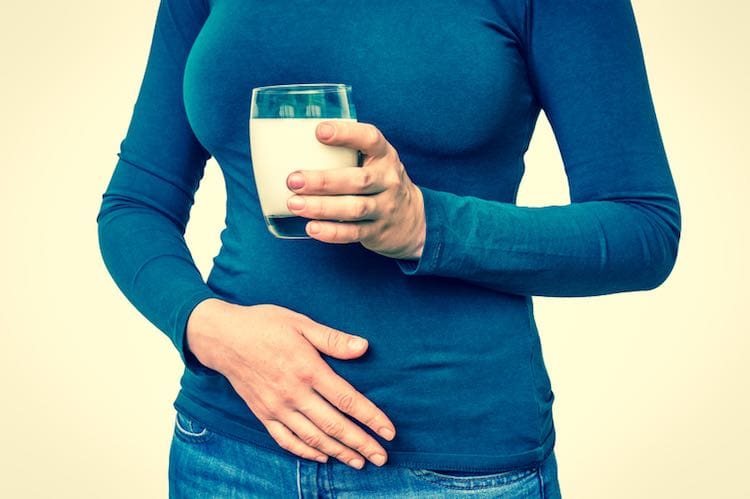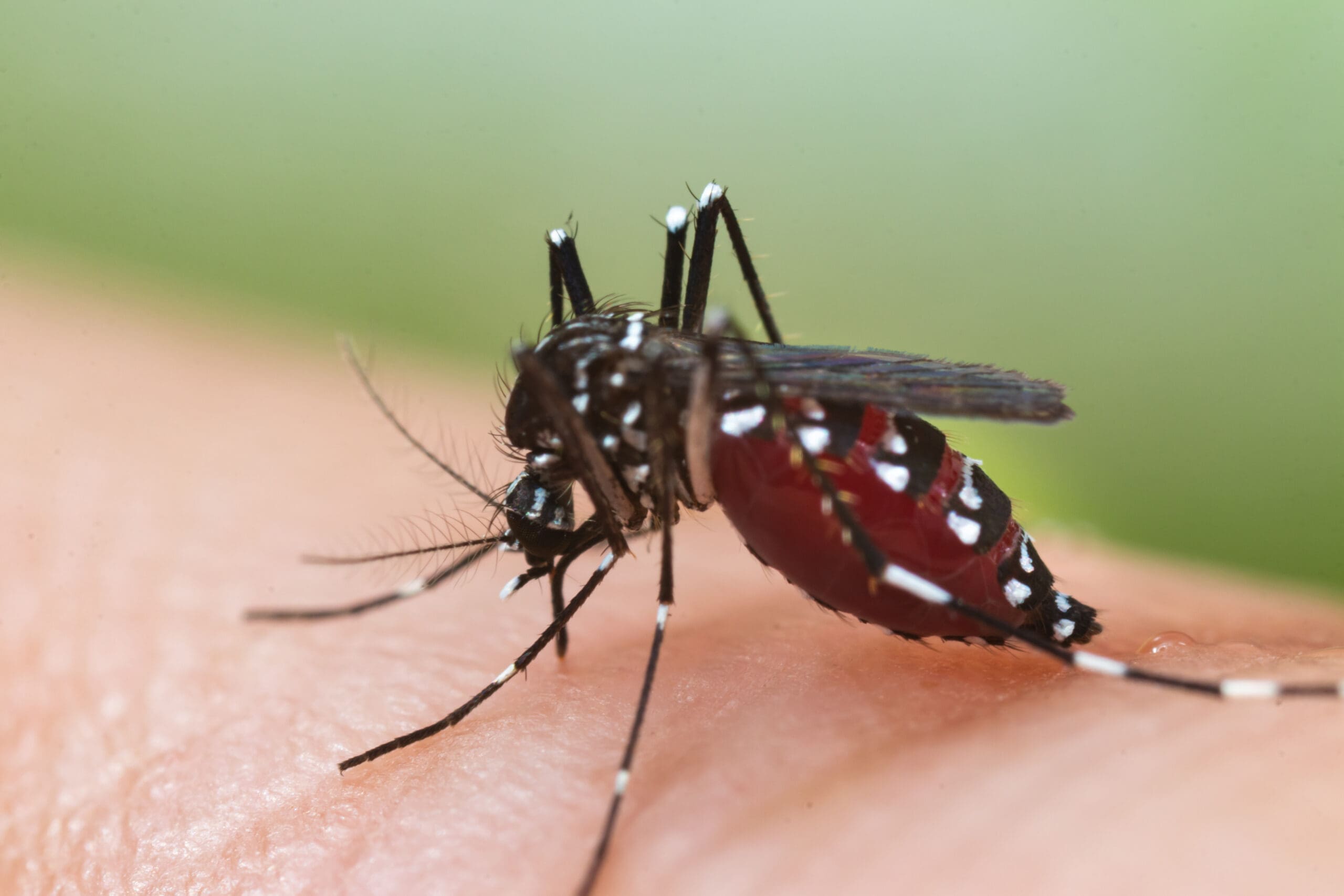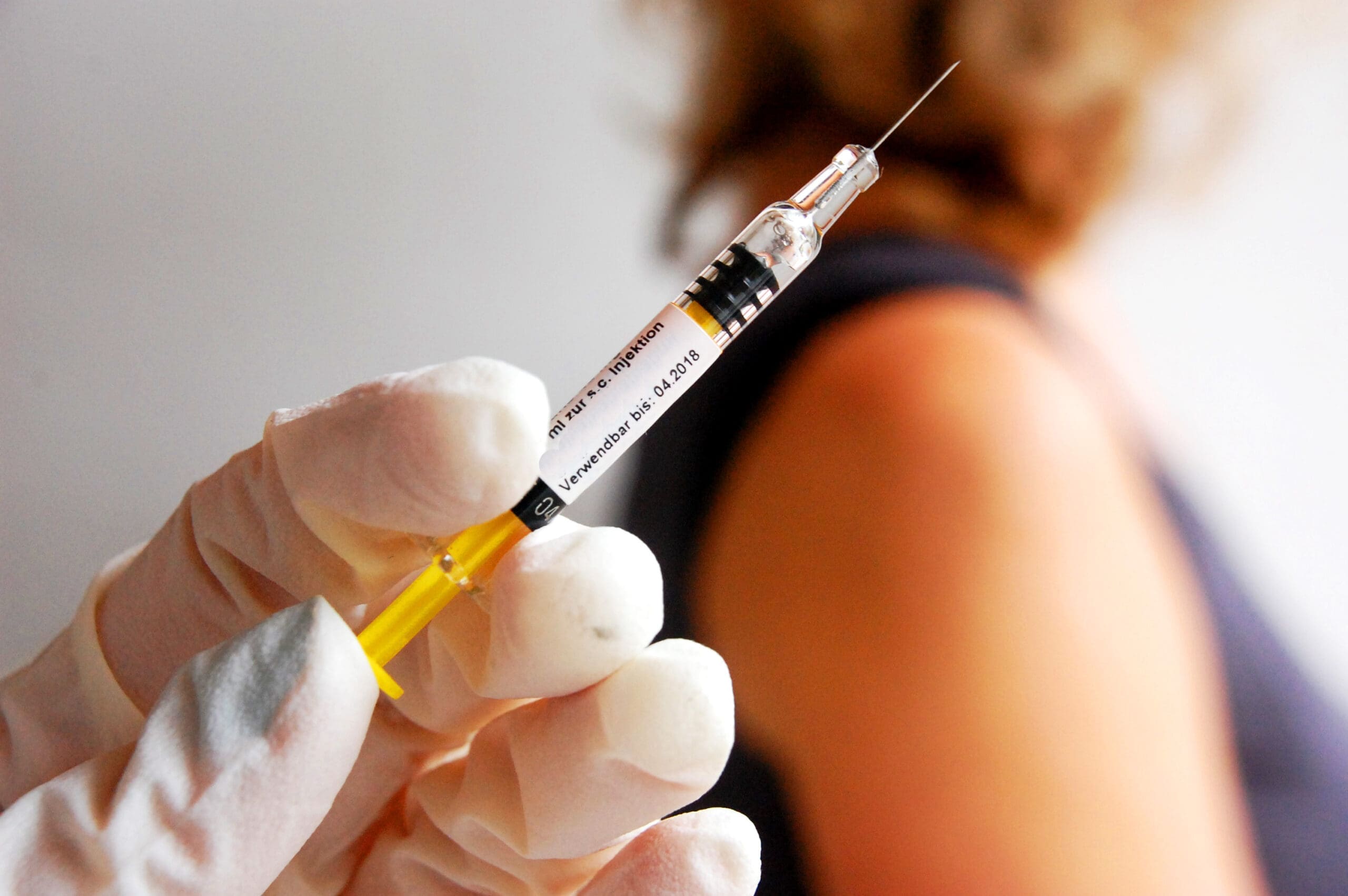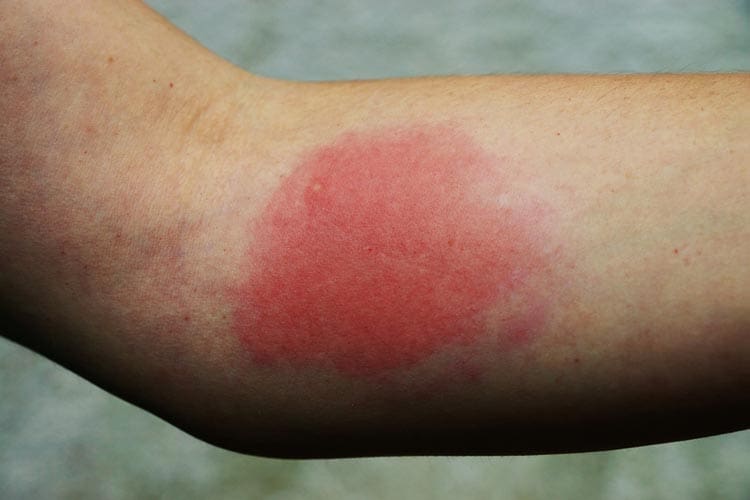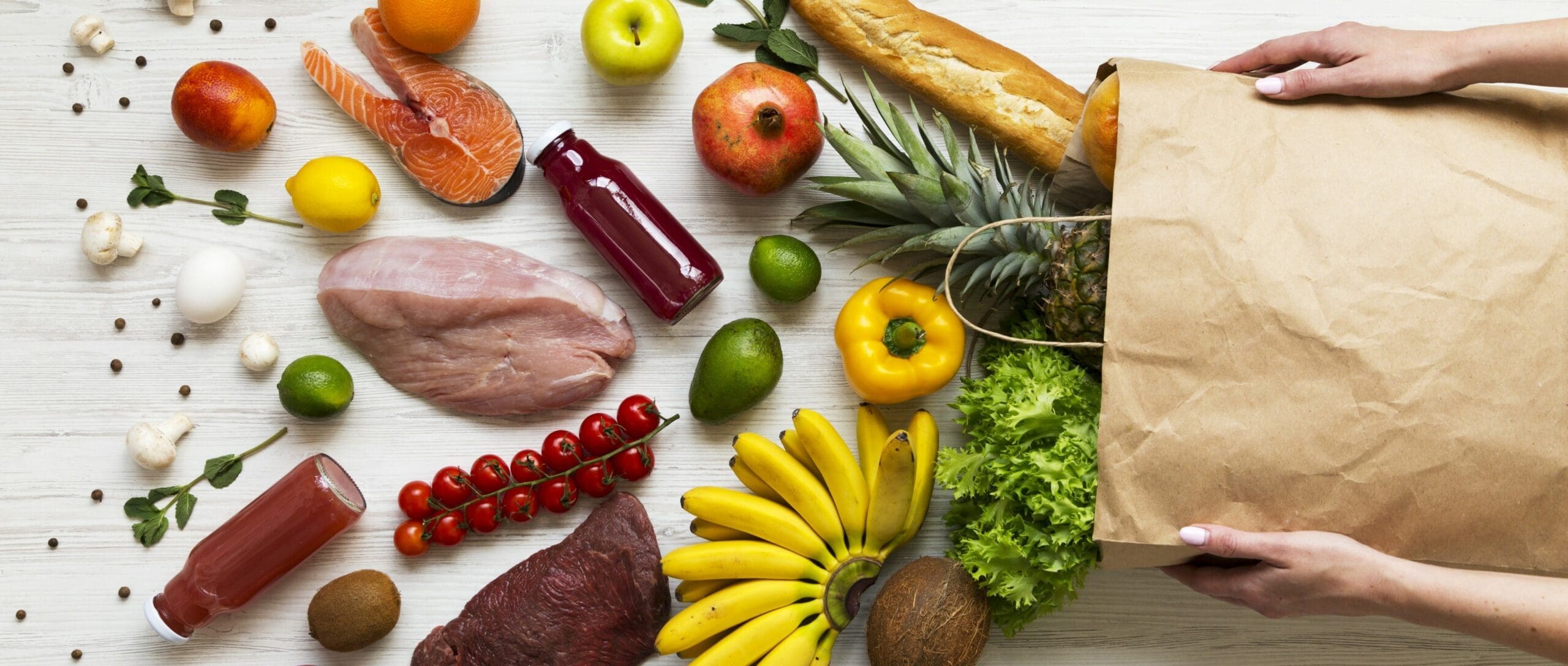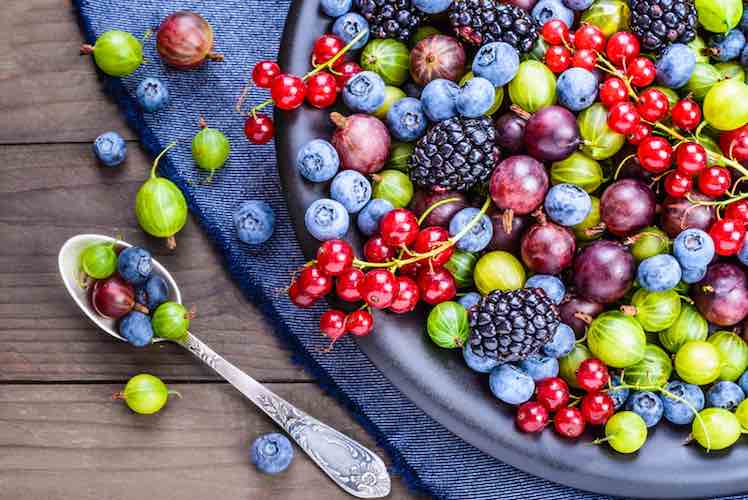Malaria is a serious mosquito-borne disease that is caused by a parasitic infection of the red blood cells.
Food
Vitamins
Vitamins are chemical substances that our body needs for good health. Fat soluble vitamins are not affected by cooking, but water soluble vitamins can be lost in the cooking process.
Lactose intolerance
Lactase deficient people do not have enough lactase, the enzyme that helps break down lactose and they suffer from lactose intolerance. The main symptoms of lactose intolerance are bloating and wind.
Dengue fever
Dengue is a viral infection transmitted by mosquitoes in tropical areas, including north Queensland. Most people recover fully, but the severe form – dengue haemorrhagic fever – can be fatal.
Vaccination and antibodies
See how vaccines prepare your immune system to fight disease by taking advantage of the fact that the immune system can remember infectious organisms.
Insect sting allergy
The most common allergic reactions come with stings from bees, wasps and ants. The degree of allergy varies widely, however, most people experiencing only mild symptoms are not considered allergic.
Dietary guidelines for healthy eating
The Australian Dietary Guidelines are designed to give you enough of the nutrients essential for good health and reduce your risk of some diseases.
Vegetarian diet
A well-planned vegetarian diet can meet nutritional needs for good health, however, there are some potential dietary traps.
Antioxidants: their role in health
Antioxidants neutralise the effects of free radicals, substances that damage the body`s cells, and have a role in disease prevention.
Achieving and maintaining a healthy weight
Even losing 5-10 per cent of your bodyweight if you are overweight or obese can have a beneficial effect. Find out how to lose weight and keep it off.



